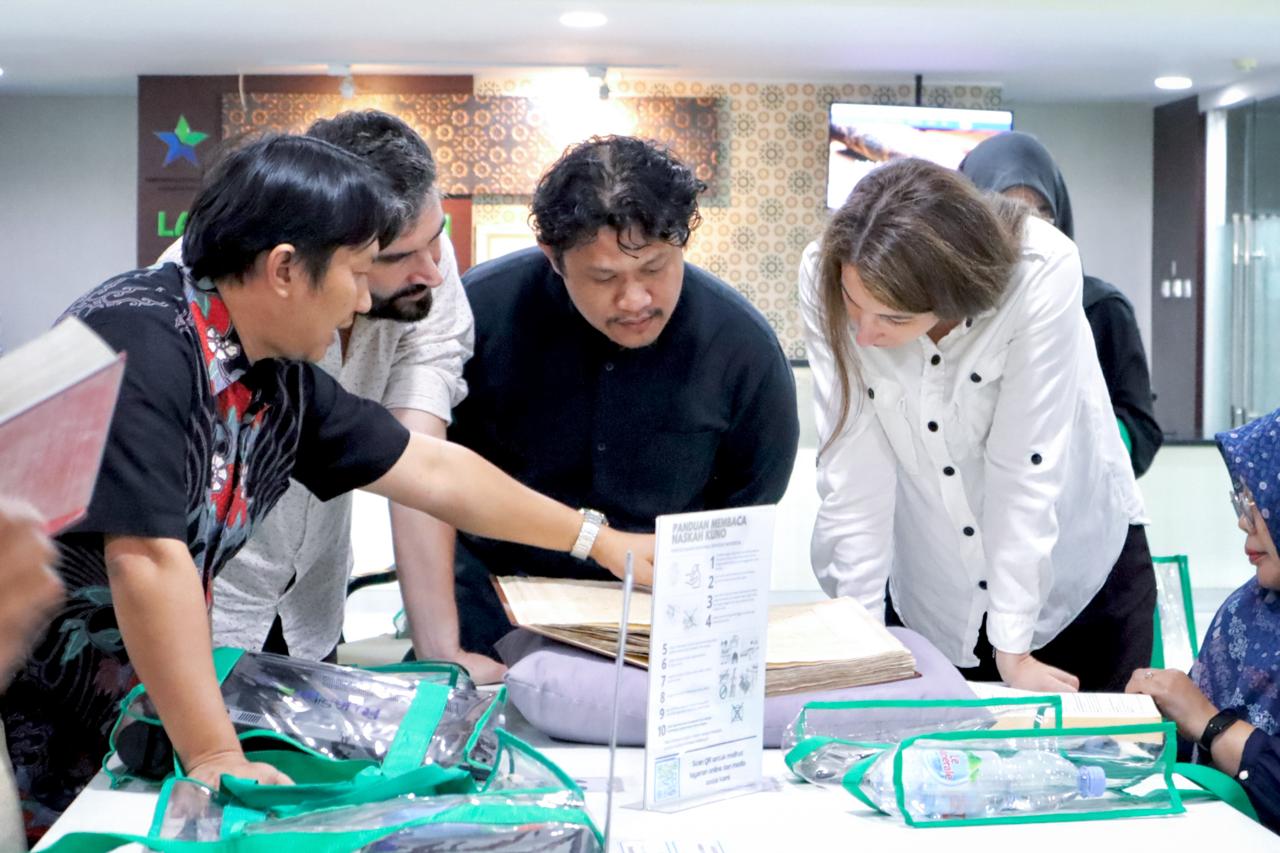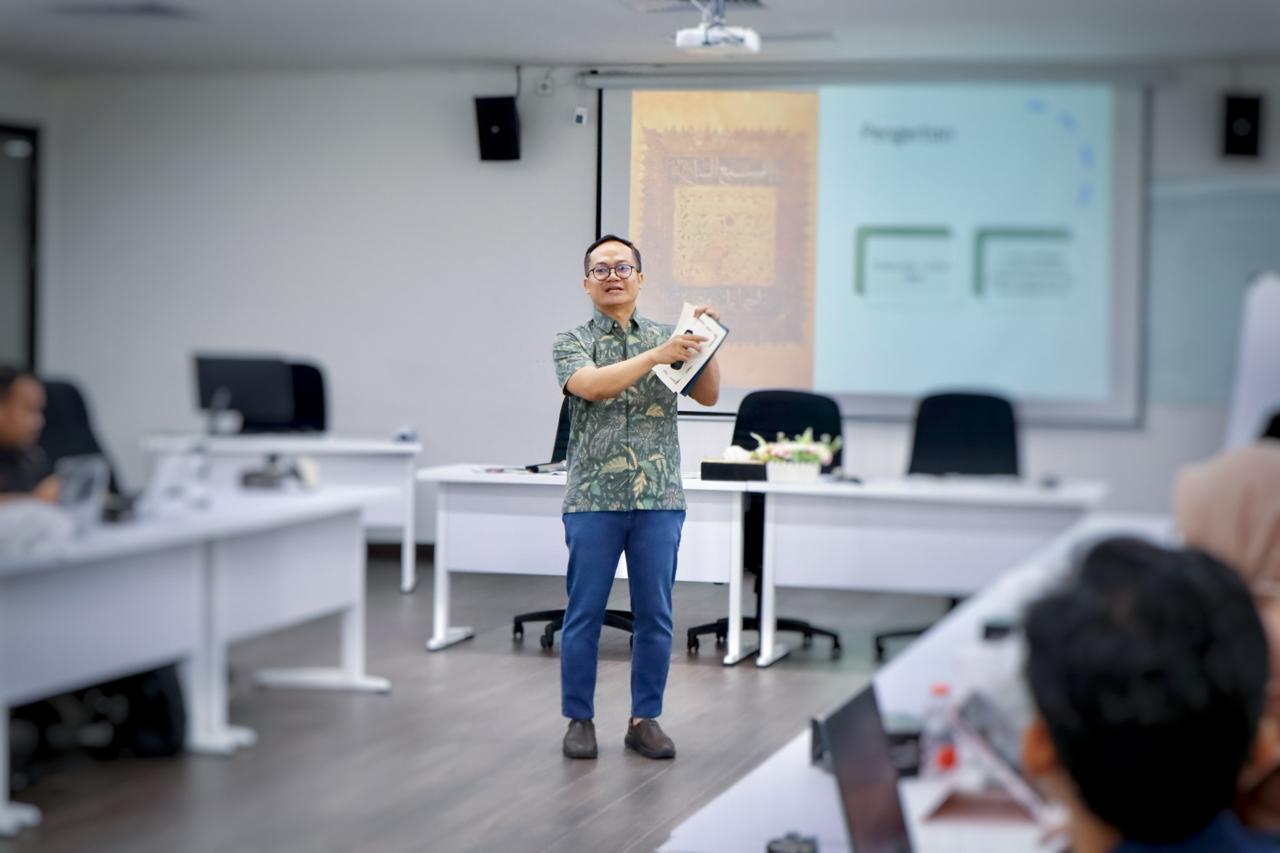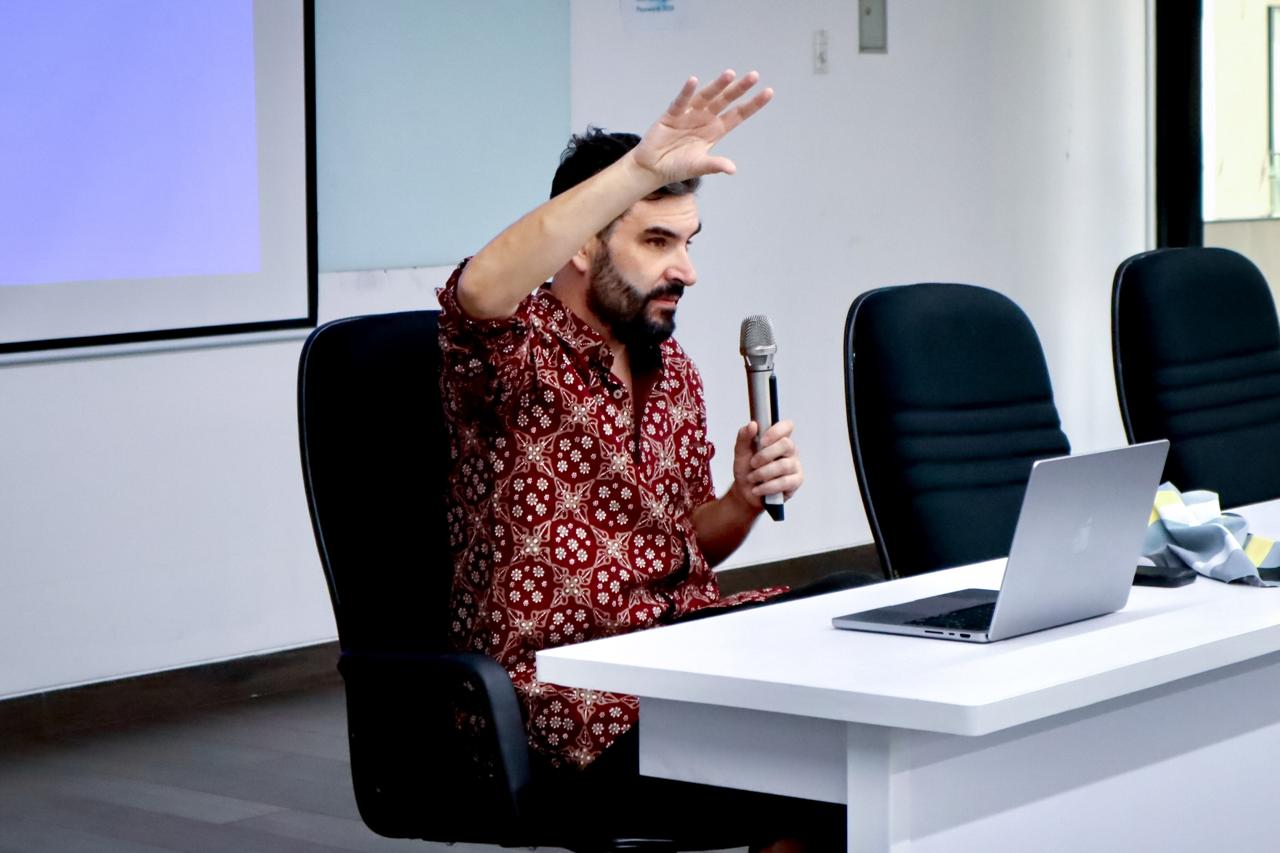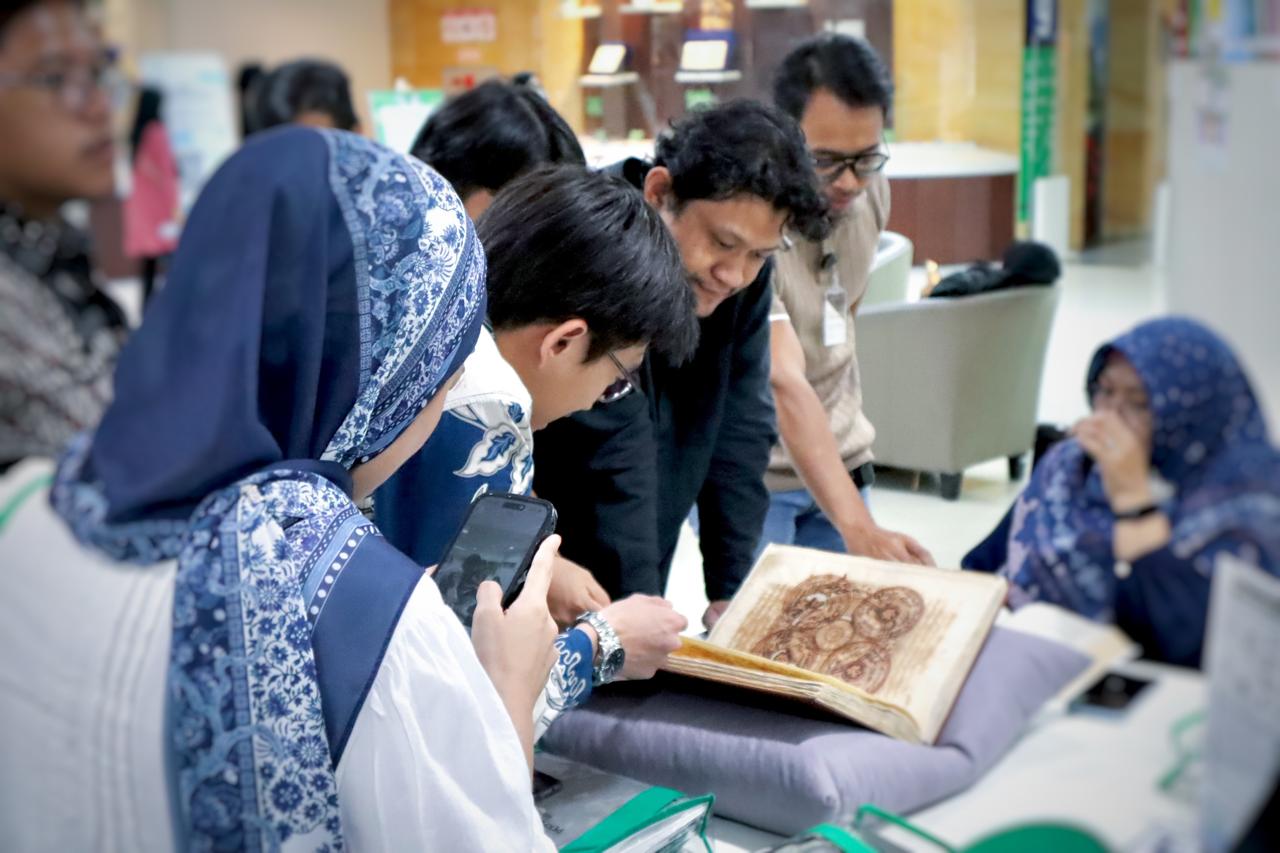More From News
UIII Builds a Bridge to Costa Rica
February 26, 2026
July 28, 2025
Contributor: Supriyono | Editor: Dadi Darmadi

The Faculty of Islamic Studies at Universitas Islam Internasional Indonesia (UIII) has successfully conducted the SCRIPTS 2025: Summer School on Islamic Manuscripts and Texts, held from July 15 to 17, 2025. The three-day program provided a platform for advanced undergraduate and graduate students to engage with the study of Islamic texts through both classical and contemporary academic approaches, with a particular emphasis on Southeast Asian manuscript traditions.
Focusing on the interdisciplinary study of Islam and Muslim societies, the program explored the significance of manuscripts, archives, inscriptions, and published texts in understanding the intellectual, legal, and social practices of Muslim communities over time. Despite the growing influence of social sciences in the study of contemporary Islam, SCRIPTS 2025 emphasized the enduring importance of textual sources—both material and digital—in framing Islamic knowledge and its historical development.

“SCRIPTS 2025 reflects our effort to connect classical Islamic knowledge with contemporary academic approaches, especially in the Southeast Asian context,” said Prof. Yanwar Pribadi, Dean of the Faculty of Islamic Studies at UIII. “It is part of our broader initiative to enhance research and learning in the field of Islamic studies through both textual and contextual perspectives.”
Participants of the summer school engaged with a range of lectures and workshops delivered by scholars from both local and international institutions. On the first day, Zacky Khairul Umam of UIII offered an introductory session on codicology, while A. Ginanjar Sya’ban of UNUSIA Jakarta examines the manuscript culture of Southeast Asia, offering insights into the ways Islamic knowledge was transmitted and preserved in the archipelago. Jajang A. Rohmana from UIN Bandung continued by discussing how Islamic manuscripts have been shaped by and continue to reflect local traditions and practices.

On the second day, Zezen Zainal Mutaqien, also from UIII, guided participants through the complexities of reading Islamic legal texts. Following him, Stéphane Lacroix from Sciences Po, France, reflected on the methodological intersections between textual analysis and the study of contemporary Muslim societies. Additionally, Marie Legendre from the University of Edinburgh contributed a session on reading Islamic texts for economic history, highlighting the potential of historical documents to reveal patterns of trade, taxation, and social organization in Muslim societies.
The program concluded with a visit to the National Library of Indonesia, where participants had the opportunity to engage directly with historical manuscripts and archival specialists. Conducted on the third day, the session provided a hands-on learning experience that complemented the theoretical frameworks explored during the course.

As part of UIII’s wider academic mission, SCRIPTS 2025 underscores the university’s role in supporting scholarly exploration of Islamic texts, particularly within the diverse and dynamic traditions of Southeast Asia. Through initiatives like this, UIII continues to position itself as a growing center for excellence in Islamic studies—one that bridges past and present, local and global, text and context.
Universitas Islam Internasional Indonesia